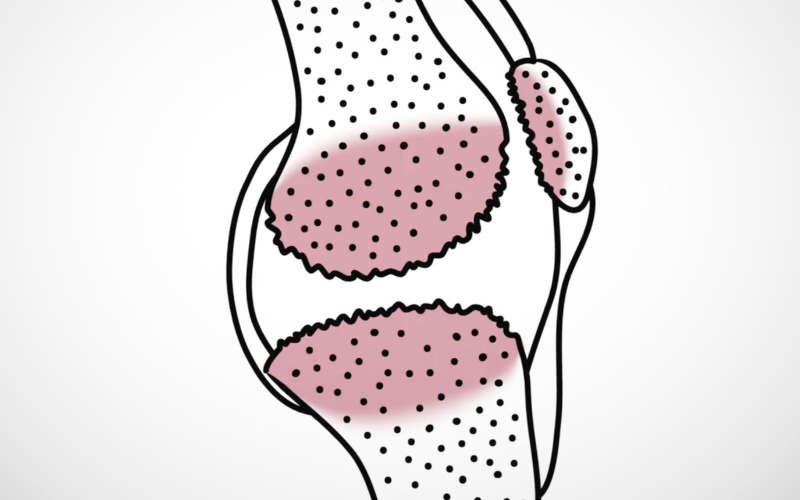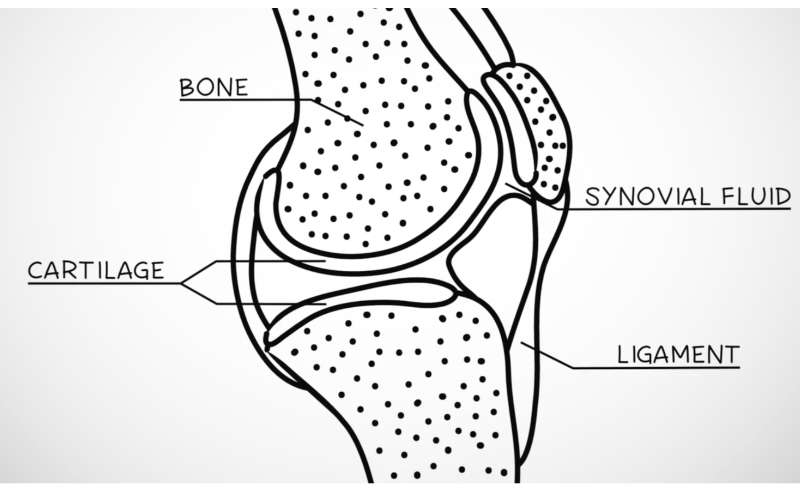Knee Joint Arthritis
Knee Joint Arthritis represents a mixture of post-traumatic “wear&tear” and underlying genetic risk factors. Degenerative knee joint problems are more common than hip disease. Repetitive sport injuries such as torn menisci/medial and anterior cruciate ligament injury may upset the joint balance and lead to premature degenerative change.
Likewise, developmental variations such as bow leg (genu varum) and knock-knee (genu valgum) can cause malalignment of the joint, leading to premature wear. Underlying hip stiffness may put increased pressure on the distal knee resulting in twisting injuries. This may happen in patients who have underlying Femoral Acetabular impingement and then rupture their anterior cruciate ligament.


Knee Joint Arthritis Symptoms
Most patients will describe symptoms that are clearly referred to the knee area. Many patients will complain of pain on the outer hip which is compensatory iliotibial band sensitivity.
Knee Joint Arthritis Examinations
Clinical knee examination is focused on looking for evidence of asymmetry when compared with the opposite knee. Evidence of muscle weakness, reduced bulk, knee swelling (effusion) and localised
knee tenderness will likely give a probable diagnosis. Examination of the knee alignment and patellar tracking is important. Testing the iliotibial band for sensitivity is essential. Testing for meniscal pain such as the Apley grind test is important.